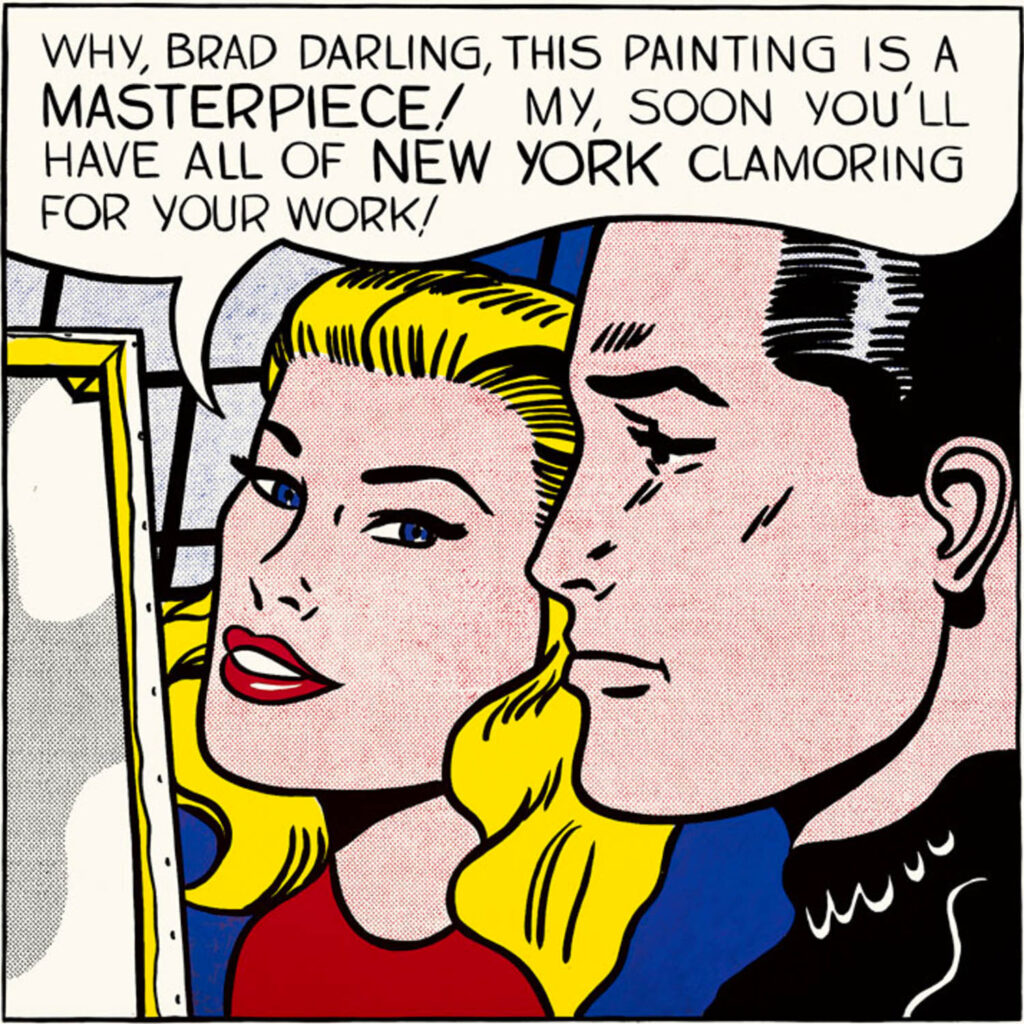Milestones
Mass incarceration in the U.S. hits a record high: 2.3M people (a staggering 754 individuals per 100,000).
GeneralMural Arts Philadelphia launches The Guild, a paid apprenticeship for system-impacted young people.
Centering Directly Impacted People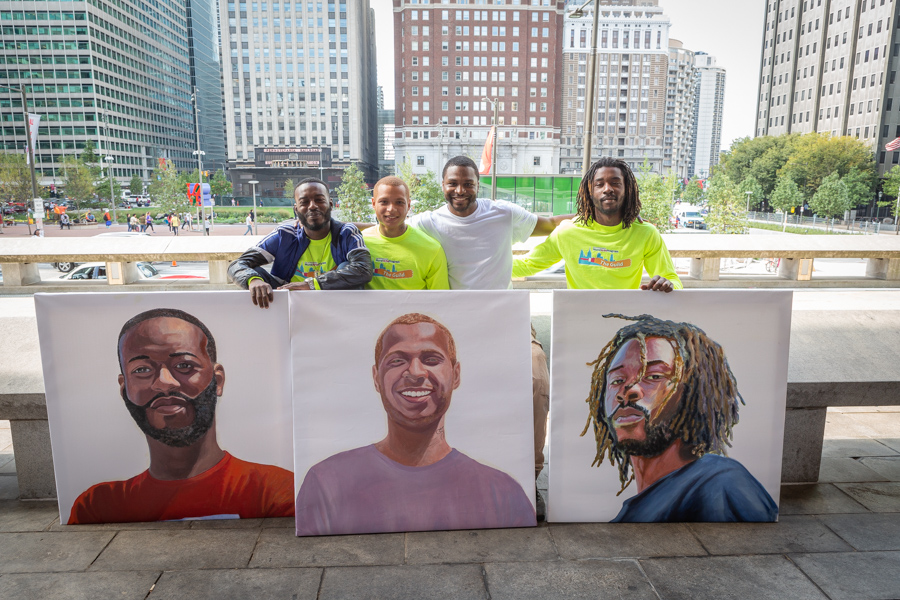
Michelle Alexander publishes The New Jim Crow: Mass Incarceration in the Age of Colorblindness (The New Press, 2010).
Advancing New Narratives through ArtDr. Nicole R. Fleetwood and Sarah Tobias organize Marking Time: Prison Arts and Activism Conference at the Institute for Research on Women, Rutgers University, with accompanying exhibition Prison Obscura and film program. Reginald Dwayne Betts is the keynote speaker.
Centering Directly Impacted People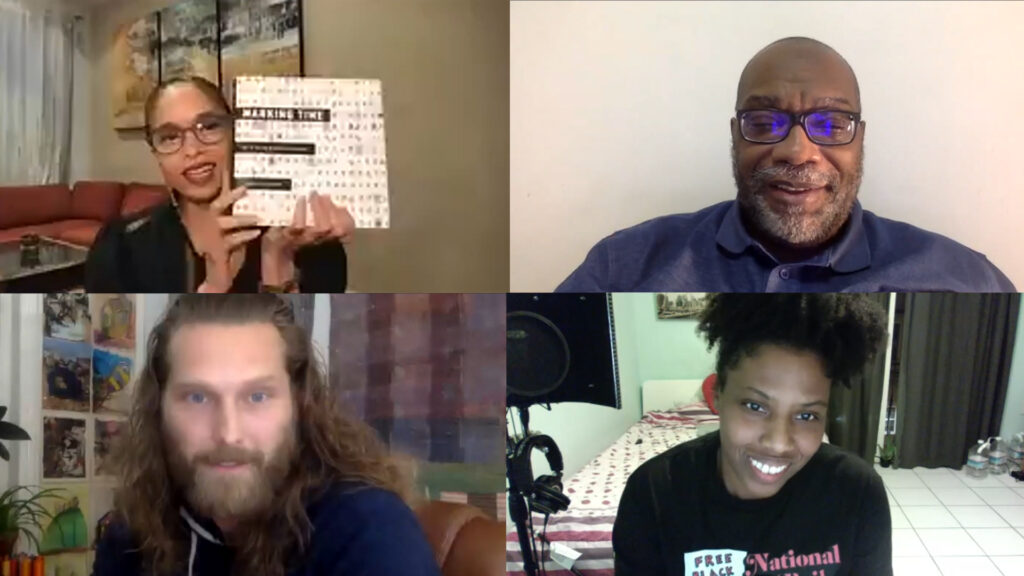
Russell Craig and Jesse Krimes co-found Right of Return USA, housed at Soze Agency, which offers $20,000 fellowships to six formerly incarcerated artists. By 2023, more than 35 artists had received the award.
Centering Directly Impacted People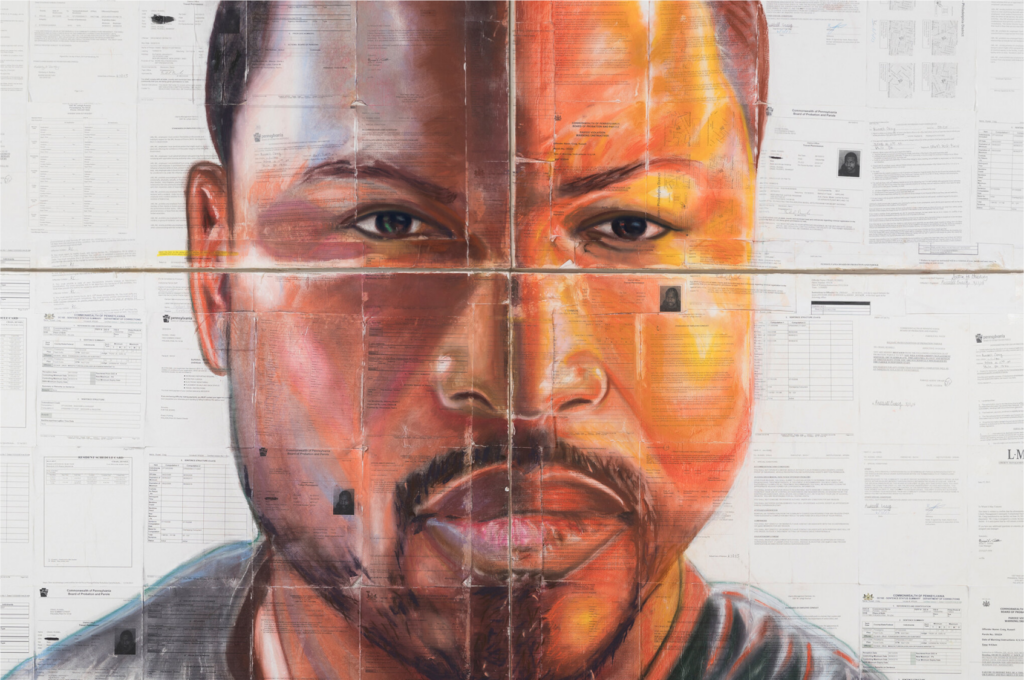
The Robert Rauschenberg Foundation awards Artist as Activist Fellowships to support 10 U.S.-based artists and artist collectives whose work addresses the epidemic of mass incarceration.
Advancing New Narratives through ArtAgnes Gund sees Ava DuVernay’s documentary 13th, which highlights the 13th Amendment’s perpetuation of chattel slavery through mass incarceration. Gund is moved to sell a favorite painting in her collection, Masterpiece by Roy Lichtenstein, to dedicate $100M from the sale to launch the Art for Justice Fund.
Advancing New Narratives through Art
Donald Trump elected president, winning the electoral college while losing the nationwide popular vote by more than 2.8M votes.
National ContextCriminal Justice Funders Forum undertakes intensified organizing efforts, bringing together legacy foundations such as Ford Foundation, MacArthur, and Open Society Foundations, along with new Silicon Valley donors such as the Chan Zuckerberg Initiative, Open Philanthropy’s Just Impact, and others to share information and coordinate funding strategies.
Engaging Allied Donors and FundersA4J joins the Criminal Justice Funders Forum, an affinity group working across philanthropy to coordinate grantmaking strategies and leverage dollars to transform the U.S. criminal legal system.
A4J MilestonesWorth Rises secures passage of laws in New York, Connecticut, Colorado, Texas, and Minnesota, making phone calls free for incarcerated families.
Key Policy Wins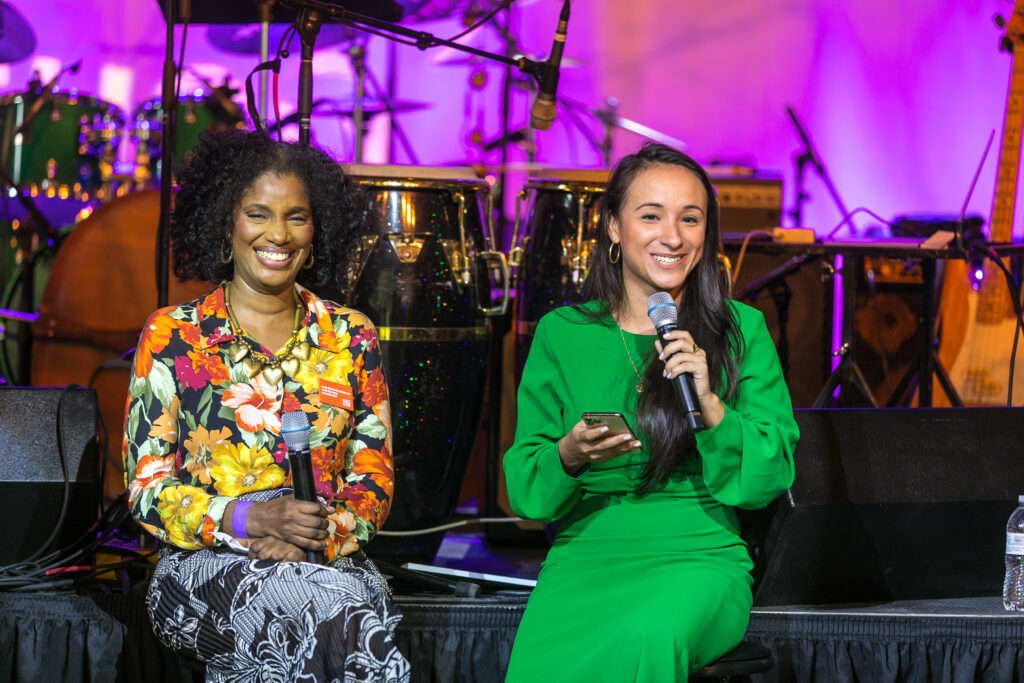
Florida’s Amendment 4 ballot initiative passes with 64 percent of the vote, restoring the rights of over 1.4M formerly incarcerated Floridians. This represents the single largest expansion of voting rights in the U.S. in 50 years.
Key Policy WinsA4J gathers over 100 grantee partners in New Orleans for its first convening. In response to requests from this group, A4J launches the Activating Art and Advocacy grantmaking initiative to support joint projects led by artists and criminal justice advocates. Over the next five years, over 120 collaborative projects were funded.
Building Art and Advocacy NetworkEqual Justice Initiative opens The Legacy Museum and The National Memorial for Peace and Justice in Montgomery, Alabama, providing a comprehensive history of slavery in the U.S., including mass incarceration.
Advancing New Narratives through ArtCongress passes the First Step Act, reforming federal prisons and sentencing laws to incentivize decarceration. It’s the first criminal justice reform bill to pass with bipartisan support in decades.
Key Policy WinsNew York’s City Council votes to close the notorious Rikers Island jail complex by 2027.
Key Policy WinsMark Bradford donates proceeds from the sale of a limited-edition print series Life Size to A4J.
Engaging Allied Donors and Funders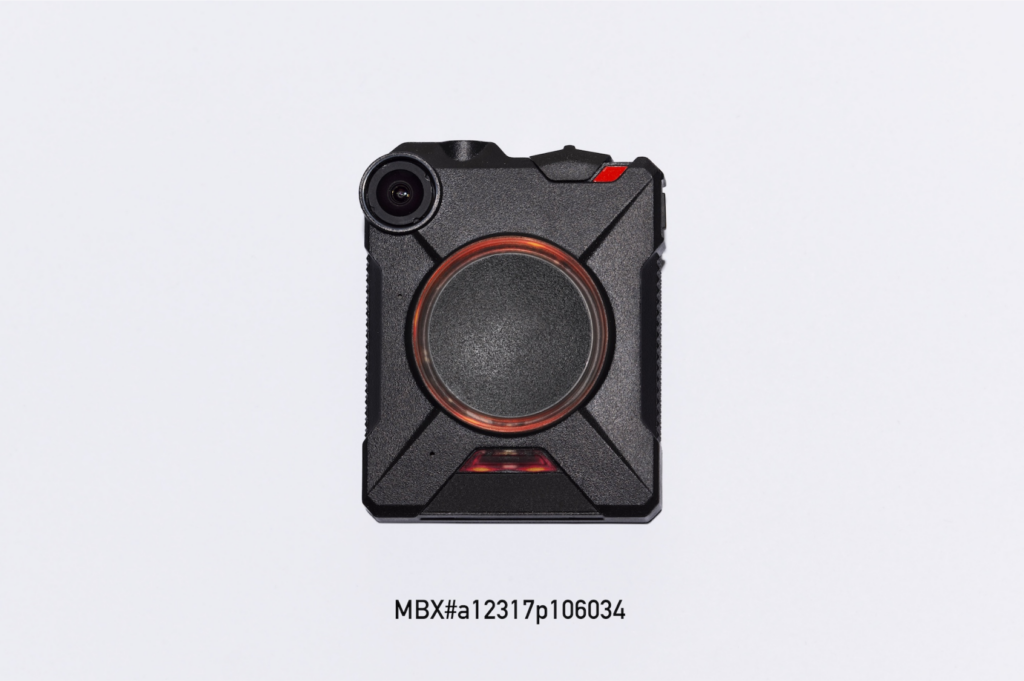
Campaign for the Fair Sentencing of Youth ends juvenile life without parole in nine additional states over five years with A4J’s support.
Key Policy WinsLandmark bail reform legislation passes in New York State, California, Illinois, Houston, New Orleans, and Los Angeles.
Key Policy WinsFair and Just Prosecution and Mural Arts Philadelphia launch a groundbreaking artist-in-residence program at the Philadelphia District Attorney’s Office. James “Yaya” Hough is selected.
Advancing New Narratives through Art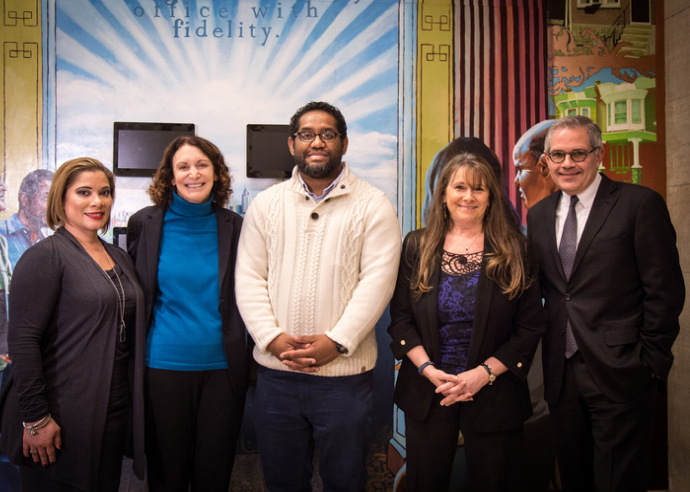
A major art exhibition, Marking Time: Art in the Age of Mass Incarceration, opens a six-month run at MoMA PS1. Guest curated by Dr. Nicole R. Fleetwood, the exhibition followed the publication of her groundbreaking book on carceral aesthetics. Fleetwood’s exhibition monograph wins the National Book Critics Circle Award for criticism in 2021.
Advancing New Narratives through Art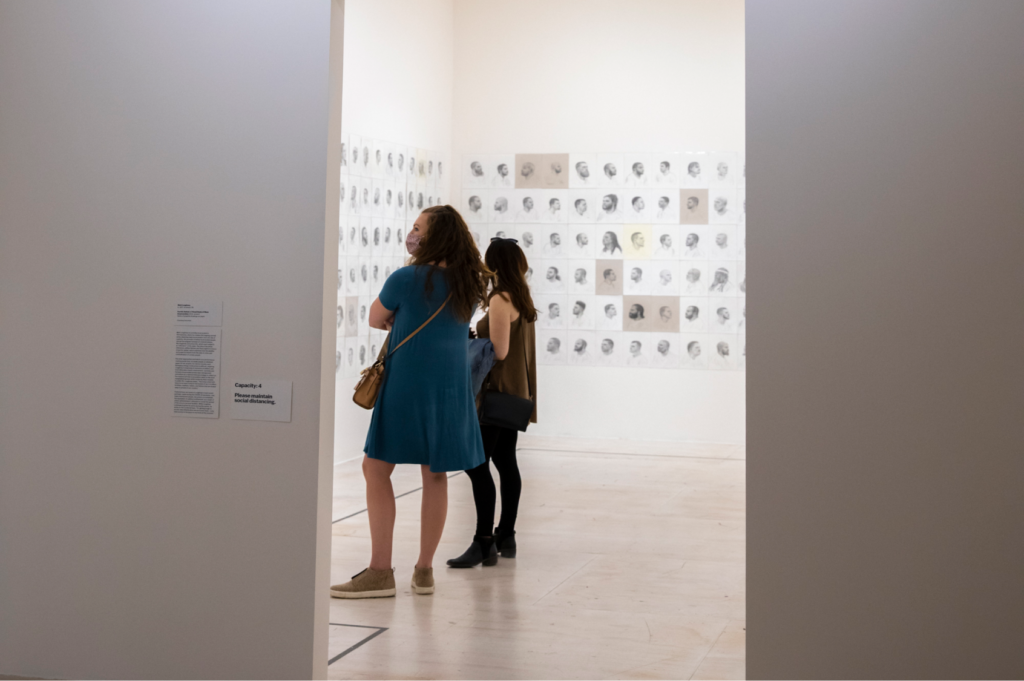
Federal Department of Education Pell Grant Program lifts a 30-year policy excluding incarcerated students, creating opportunities for thousands of people to earn college degrees while inside.
Key Policy WinsNew York State enacts the Less is More Act, reducing sentencing and racial bias in the state parole system.
Key Policy WinsClyde’s, a play by Lynn Nottage that centers the lives of formerly incarcerated people, opens on Broadway and is nominated for five Tony Awards.
Advancing New Narratives through Art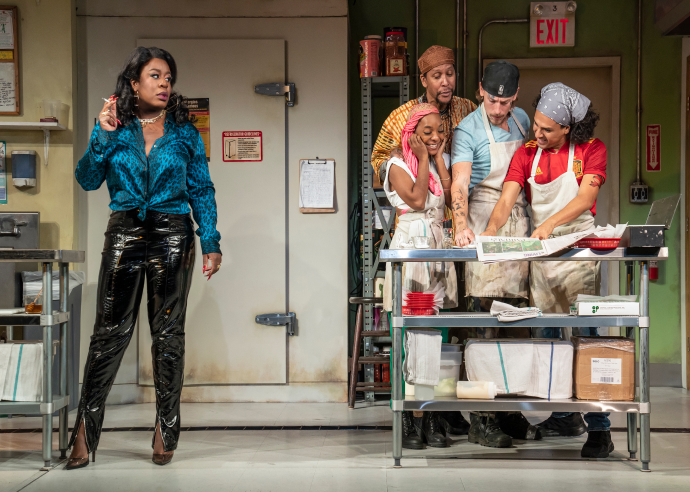
Julie Mehretu donates proceeds from the sale of her painting Dissident Score to A4J through Artsy, raising $6.5M for the Fund.
Engaging Allied Donors and Funders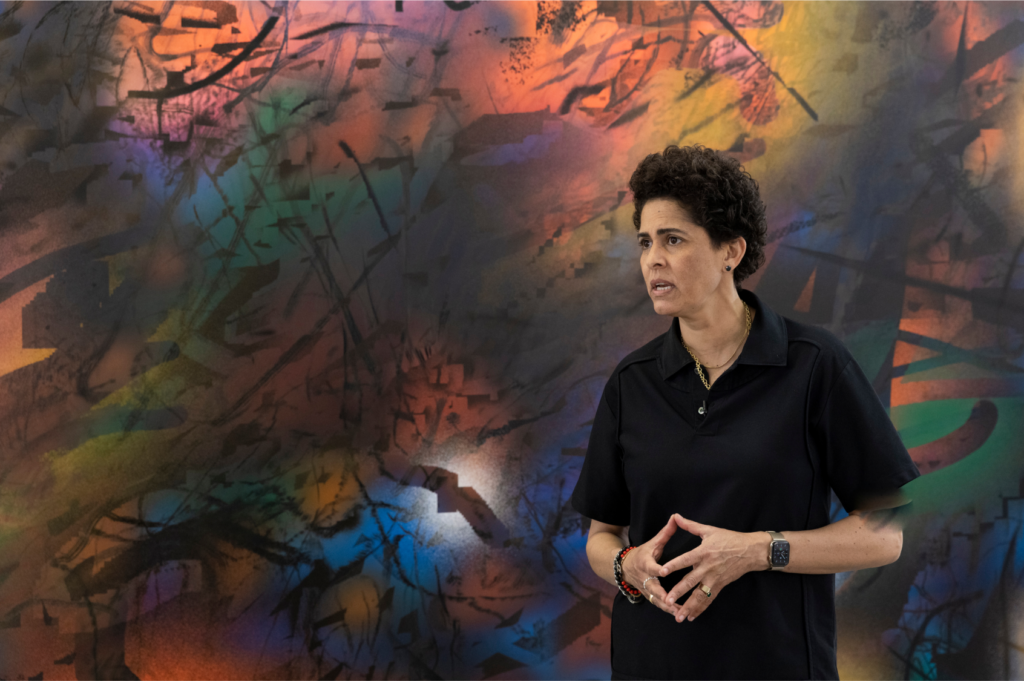
A4J gathers over 100 grantee partners in Phoenix, Arizona for its second in-person convening.
Building Art and Advocacy NetworkMellon Foundation announces Imagining Freedom, a five-year, $125M grantmaking initiative to support artists shifting the narrative on America’s prison system.
Engaging Allied Donors and FundersFord Foundation Gallery opens No Justice Without Love—curated by Daisy Desrosiers, director of the Gund Gallery at Kenyon College—focused on the voices, experiences, and artistic practices of those most directly impacted by the criminal legal system.
Advancing New Narratives through ArtAgnes Gund joins artists Jesse Krimes and Russell Craig and the Right of Return board to launch the Center for Art & Advocacy (CA&A). CA&A encompasses the Right of Return fellowship and adds a residency program, exhibition opportunities, and capacity-building support. Created by and for artists directly impacted by the criminal legal system, it stands ready to provide necessary movement infrastructure.
Centering Directly Impacted People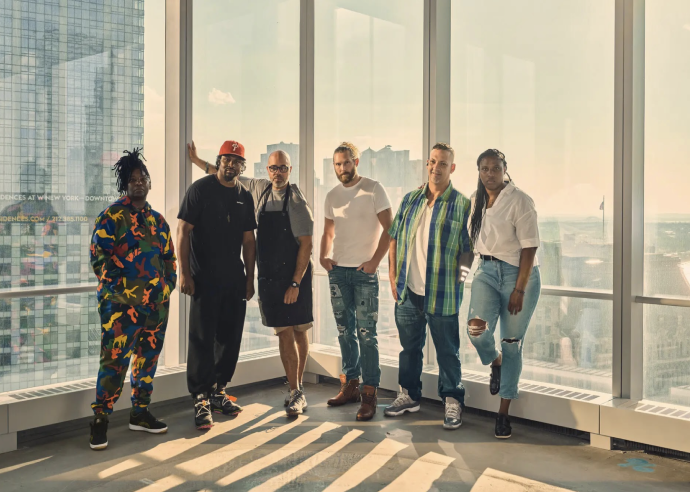
A4J sunsets. The Fund invested more than $127M to support over 200 outstanding artists, advocates, and arts and advocacy organizations, centering the leadership of directly impacted artists and advocates and inspiring new art-infused strategies to end mass incarceration in America.
General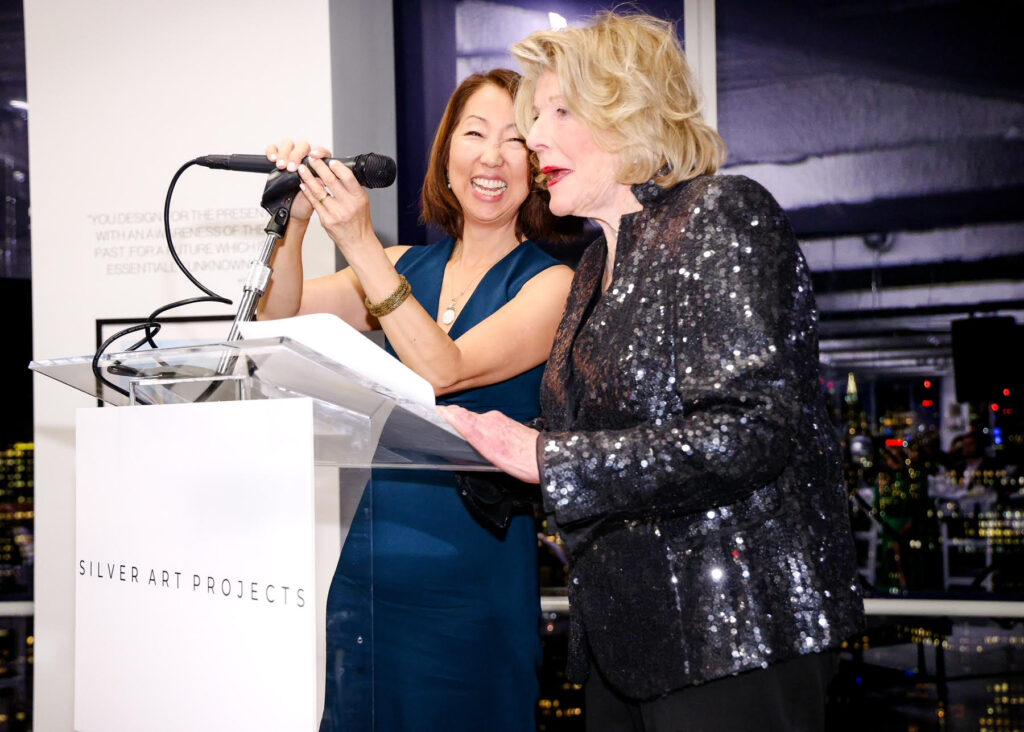
Mass incarceration rates in the U.S. have dropped since the launch of A4J, and now stand at about 1.9M people. Public awareness of the need for alternatives to incarceration and a transformation of the criminal legal system is growing. But the work is hardly done. Sustaining wins while continuing to disrupt dominant narratives and build new constituencies remain pressing priorities for the growing movement to end mass incarceration.
General